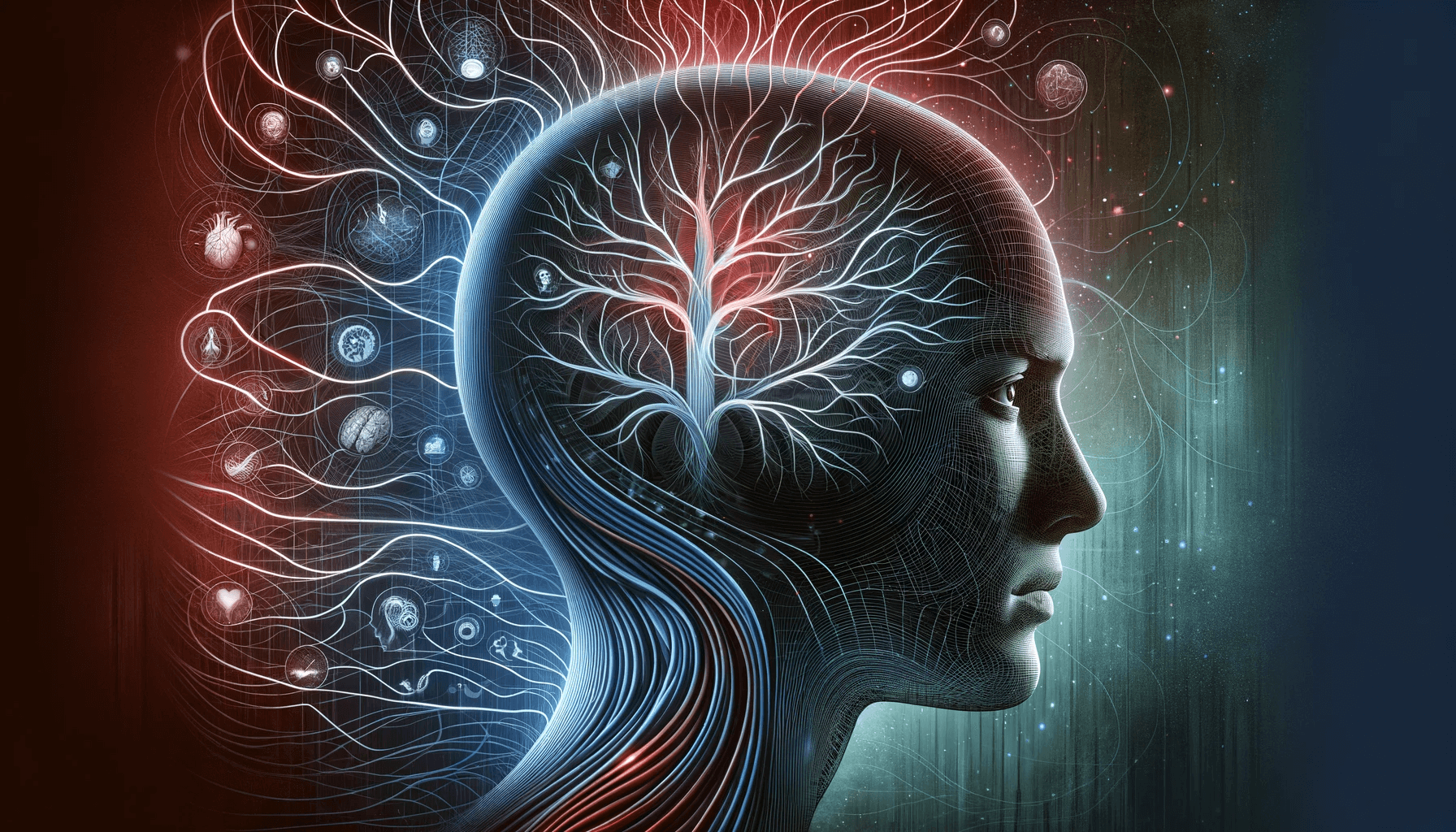Sponsored By Awaken Your Great Self
Table of Contents
Understanding anger: an overview
Anger is a powerful emotion that can profoundly impact our lives. It manifests in various ways, from mild annoyance to intense rage. To truly understand anger, we must delve into its psychology and explore the factors contributing to its emergence.
Anger is a normal human emotion that arises in response to perceived threats or injustices. It is a natural reaction to protect ourselves or assert our boundaries. However, when anger becomes excessive or uncontrolled, it can lead to destructive behavior and strained relationships.
The psychology behind anger
To comprehend anger, we must first explore its psychological underpinnings. Anger is often a result of unmet needs, unfulfilled expectations, or perceived injustices. It can stem from a sense of powerlessness or a desire for control. Additionally, anger can be a defense mechanism, shielding us from vulnerable emotions such as fear, sadness, or hurt.
Furthermore, research suggests that our upbringing and early experiences significantly shape our anger responses. If we grew up in an environment where anger was expressed explosively or suppressed entirely, we may have learned unhealthy ways of dealing with this emotion.
Common triggers of anger
A wide range of internal and external stimuli can trigger anger. External triggers include frustrating situations, conflicts, criticism, or perceived threats. Internal triggers, on the other hand, are deeply rooted in our thoughts, beliefs, and interpretations of events.
For instance, someone who believes they must always be in control may become angry when faced with unexpected changes or uncertainty. Similarly, individuals fearing rejection may react angrily to perceived slights or criticism.
It is important to note that triggers can vary from person to person. What may elicit anger in one individual may not affect another. Understanding our personal triggers is crucial in uncovering the root causes of our anger and developing effective strategies for managing it.
The role of past experiences in anger
Our past experiences shape our emotional responses, and anger is no exception. Traumatic events, childhood experiences, or ongoing stressors can leave a lasting impact on our anger patterns. These experiences can create deep-seated beliefs and emotional wounds that influence anger reactions.
For example, someone who experienced frequent bullying as a child may develop a heightened sensitivity to perceived threats. They may become easily angered in situations that remind them of their past traumas. Understanding these connections between past experiences and present anger is essential for healing and growth.
Uncovering the hidden triggers of anger
While external triggers are often apparent, there are deeper, hidden triggers that fuel our anger. These triggers can be unconscious, buried beneath unresolved emotions and unhealed wounds. Uncovering and addressing these hidden triggers is crucial for long-lasting anger management and emotional well-being.
One effective way to uncover hidden triggers is through self-reflection and introspection. By exploring our thoughts, beliefs, and underlying emotions, we can gain insight into the root causes of our anger. Journaling, therapy, or talking with a trusted confidant can facilitate this process of self-discovery.
Moreover, practicing mindfulness can help uncover hidden triggers by bringing awareness to our thoughts, bodily sensations, and emotional responses. Mindfulness allows us to observe our anger without judgment, enabling us to identify its underlying causes and work toward resolution.
Identifying the root causes of anger
Identifying the root causes of our anger requires a deep dive into our past experiences, belief systems, and emotional landscapes. It involves examining the patterns and recurring themes in our anger episodes.
For some individuals, the root causes may lie in childhood trauma or abusive relationships. For others, it may be rooted in feelings of inadequacy, low self-esteem, or unresolved grief. Identifying these underlying causes can be challenging, but it is essential to healing and managing anger effectively.
Self-reflection, therapy, and self-help resources can aid in this identification process. By gaining self-awareness and understanding the root causes, we can begin to address them and develop healthier coping mechanisms.
Healing and managing anger
Healing and managing anger are ongoing processes that require commitment and self-compassion. There is no one-size-fits-all approach, as each individual’s journey is unique. However, various techniques and strategies can be helpful in this endeavor.
One effective technique is cognitive restructuring, which involves challenging and reframing negative thought patterns contributing to anger. We can alter our anger responses by replacing irrational beliefs with more rational and realistic ones.
Also, relaxation techniques such as deep breathing, meditation, or yoga can help regulate emotions and reduce anger arousal. These techniques promote a state of calmness and enable us to respond to triggering situations with greater composure.
Techniques for anger management
In addition to cognitive restructuring and relaxation techniques, several other strategies can assist in anger management. Expressing emotions healthily, such as through assertive communication, can prevent anger from escalating. Learning practical problem-solving skills can also minimize frustration and anger triggers.
Furthermore, developing empathy and understanding towards others can reduce anger and foster healthier relationships. By recognizing that everyone has unique experiences and perspectives, we can cultivate compassion and diffuse anger-inducing situations.
Seeking professional help for anger issues
While self-help techniques can be beneficial, some individuals may require professional assistance managing their anger. If anger is severely impacting various aspects of your life, seeking the help of a therapist or counselor can provide valuable support and guidance.
A mental health professional can help you delve deeper into the root causes of your anger and develop personalized strategies for managing it. Therapy can provide a safe space to explore unresolved emotions, heal past wounds, and cultivate healthier coping mechanisms.
Conclusion: finding peace and resolution
Understanding the root causes of anger is essential for finding peace and resolution in our lives. By unraveling the hidden triggers and addressing the underlying issues, we can heal our emotional wounds and develop healthier ways of managing anger.
Remember, anger is a natural and valid emotion, but how we express and manage it determines its impact on our lives. Through self-reflection, therapy, and effective anger management techniques, we can transform anger into an opportunity for personal growth and emotional well-being.




